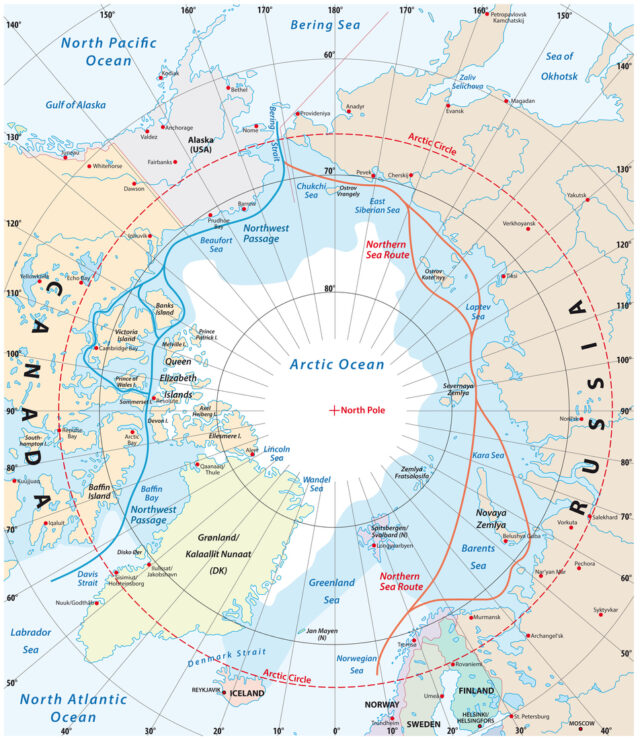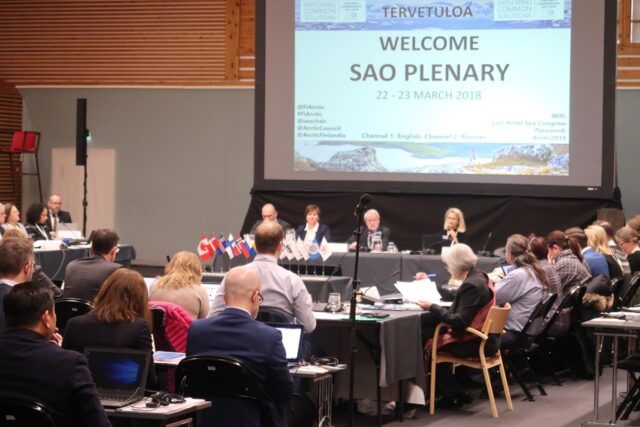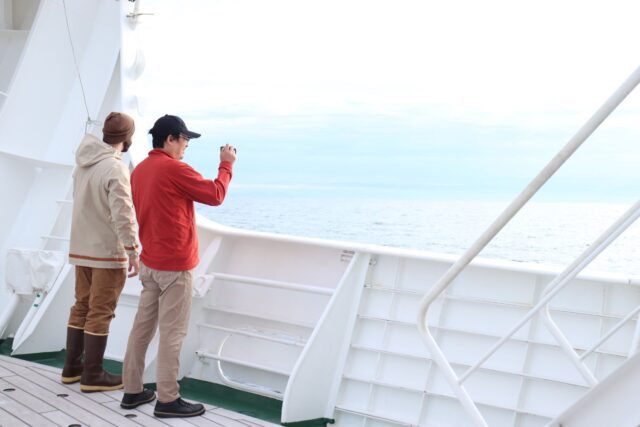Profile
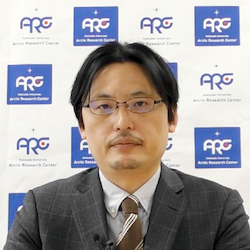
- Research Subject
1. Arctic geopolitics: research focuses on the strategic interests, research strategies and economic interests of Arctic and non-Arctic countries.
2. Arctic research and policy in Japan: research on the history of polar research in Japan and why Japan has focused on Arctic research and policy.
3. Arctic Studies in the Anthropocene: Critical examination of the social significance and implications scientific research and observation of modern projects for Arctic societies and humankind.
- Research Fields
- International Relations, Arctic Studies, Regional Studies
- Graduate School - Division / Department / Laboratory
- Division of Humanities / Department of Slavic-Eurasian Studies / Laboratory of Slavic-Eurasian Studies
- Related Links
Lab.letters
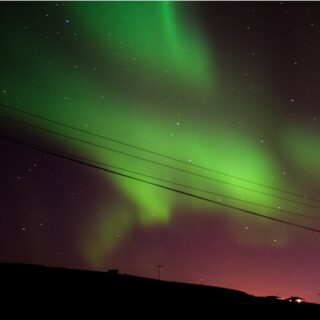

From a field of international research and observation to an arena of cooperation and competition among states
Once a land of meteorological observation and geological surveys, the Arctic region is now gaining renown for resource development, with special references to environmental protection and the voices of indigenous peoples, and the utilization of Arctic sea routes, scientific research, and security. It has become a place of cooperation and competition among nations, including the eight countries in the Arctic region and non-Arctic countries. Against this backdrop, what I research is the trends of each country and the state of international order that emerges in each era, and the surrounding discourses. China sees the Arctic sea routes connecting China and Europe as the 21st Century Maritime Silk Road, and Russia values it as the final economic frontier. I employ the perspectives of the humanities and the social sciences to view how the Arctic is spoken of amidst complex international relationships, and how it impacts actual diplomacy and governance.
With the Arctic Research Center, this is the best researcher training ground in Japan
Arctic research has traditionally been advanced mainly through the natural sciences, but currently it is widely known that the perspective of researchers in the humanities and the social sciences is absolutely essential. And the Hokkaido University Arctic Research Center, where I serve along with my position in the Hokkaido University Graduate School of Humanities and Human Sciences, has a strong presence as the premier training ground for Arctic researchers in Japan. The legacy formed by Hokkaido University pioneers like Professor Ukichiro Nakaya, who is famous for artificial snow, has bolstered the reputation of Japanese researchers worldwide, and inspires a sense of discipline in us as inheritors. The field of research that looks at the Arctic region in the context of international relations while also touching upon anthropology, economics, and international law research is a new frontier that is only now open for exploration. It’s time to carve your special path.
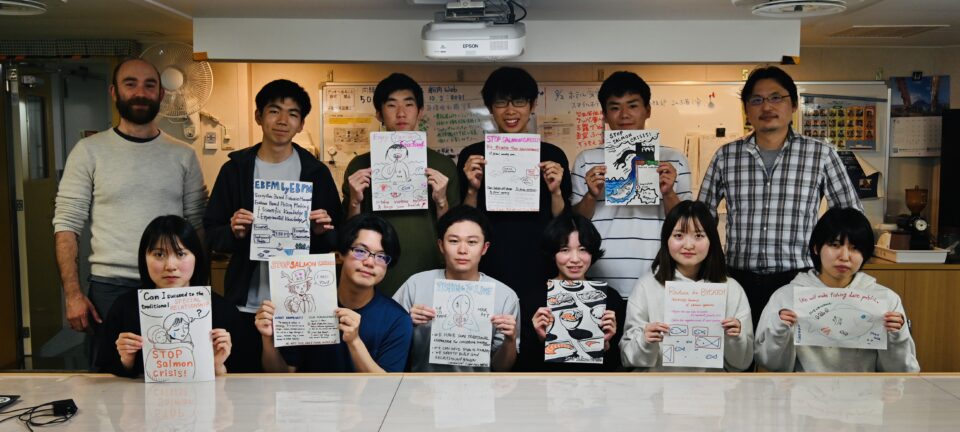
Message
The phrase Arctic exceptionalism is a keyword for international relations concerning the Arctic region. This term represents the idea that, because the immense natural environment of the Arctic region is untouched and irreplaceable, the kind of power-based dynamism usually seen in international politics must not be applied here. And in fact, it is not an overstatement to say that the philosophy of Arctic exceptionalism has taken root in the approximately 30 years after the conclusion of the Cold War. However, due to Arctic region temperature rising, which is thought to be advancing at a pace of four times the rest of the earth, and superpower competition between the U.S. and China, the principle of treating the Arctic as an exception has begun to waver slightly. And the Russian invasion into Ukraine starting in 2022 has brought it to the brink of an end.
In my research department, while following and analyzing the daily-changing current state of international relations surrounding the Arctic region, we advance research on the kind of order, institutions, and discourse that define international relations in the Arcitic region. I am always glad to receive new students who are excited to harness relations with foreign researchers and on-site information gathering to experience firsthand the dynamism of international relations as perceived through the lens of the Arctic region.



